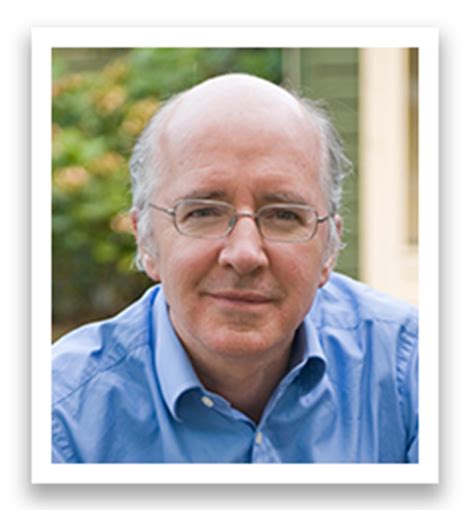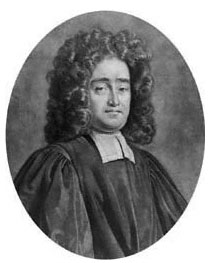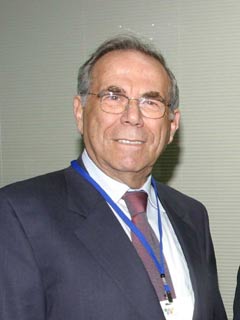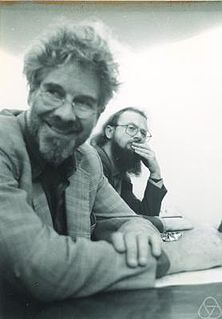A Quote by John Gimlette
Benedict Allen gives you the impression that he hasn't done any research at all, and I am sure he has. And when he is off doing his ice dogs and that sort of thing - and therefore its not only an exploration of the place but also his imagination in a sense. It's very successful as technique.
Related Quotes
You can say the president's private life takes up so much of his time that he doesn't focus on his job, so therefore he's terrible. But in my imagination, the 23 hours of the day that we don't experience, he's very hard at work. He's quite an effective and successful president - in my narcissistic imagination.
In the end, therefore, money will be the one thing people will desire, which is moreover only representative, an abstraction. Nowadays a young man hardly envies anyone his gifts, his art, the love of a beautiful girl, or his fame; he only envies him his money. Give me money, he will say, and I am saved...He would die with nothing to reproach himself with, and under the impression that if only he had had the money he might really have lived and might even have achieved something great.
There is at the back of every artist’s mind something like a pattern and a type of architecture. The original quality in any man of imagination is imagery. It is a thing like the landscape of his dreams; the sort of world he would like to make or in which he would like to wander, the strange flora and fauna, his own secret planet, the sort of thing he likes to think about. This general atmosphere, and pattern or a structure of growth, governs all his creations, however varied.
The reason why Matthew Arnold, to my feeling, fails entirely as a poet (though no doubt his ideas were good - at least, I am told they were) is that he had no sense of touch whatsoever. Nothing made any impression on his skin. He could feel neither the shape nor the texture of a poem with his hands.
When a doting person gets down on all fours and plays with a puppy's rubber mouse, for instance, it only confuses the young dog and gives him a sense of insecurity. He gets the impression that his world is unstable, and wonders whether he is expected to walk on his hind legs and learn to smoke cigars.
I was photographing the photographer Brassaï. He had very prominent eyes, like a frog's. As I focused my lens, he brought his hand up and pretended to focus his eye. It was a joke, but it added mystery to the picture. There's a sense of action in a very small world. Or with Allen Ginsberg there were people smoking cigarettes and in the smoke there's a sense of motion. It makes much out of very little.
Donald Trump gives the impression that he would like to govern by decree. He has that impulse in him and he wants to be a savior, so he says, in his famous phrase, "Only I can fix it!" That's a strange and weird statement for anybody to make, but it's central to Trump's sense of self and self-presentation. And I think that has a lot to do with his identification with dictators. No matter how many they kill and no matter what else they do, they have this capacity to rule by decree without any interference by legislators or courts.
The scientist has to take 95 per cent of his subject on trust. He has to because he can't possibly do all the experiments, therefore he has to take on trust the experiments all his colleagues and predecessors have done. Whereas a mathematician doesn't have to take anything on trust. Any theorem that's proved, he doesn't believe it, really, until he goes through the proof himself, and therefore he knows his whole subject from scratch. He's absolutely 100 per cent certain of it. And that gives him an extraordinary conviction of certainty, and an arrogance that scientists don't have.



































